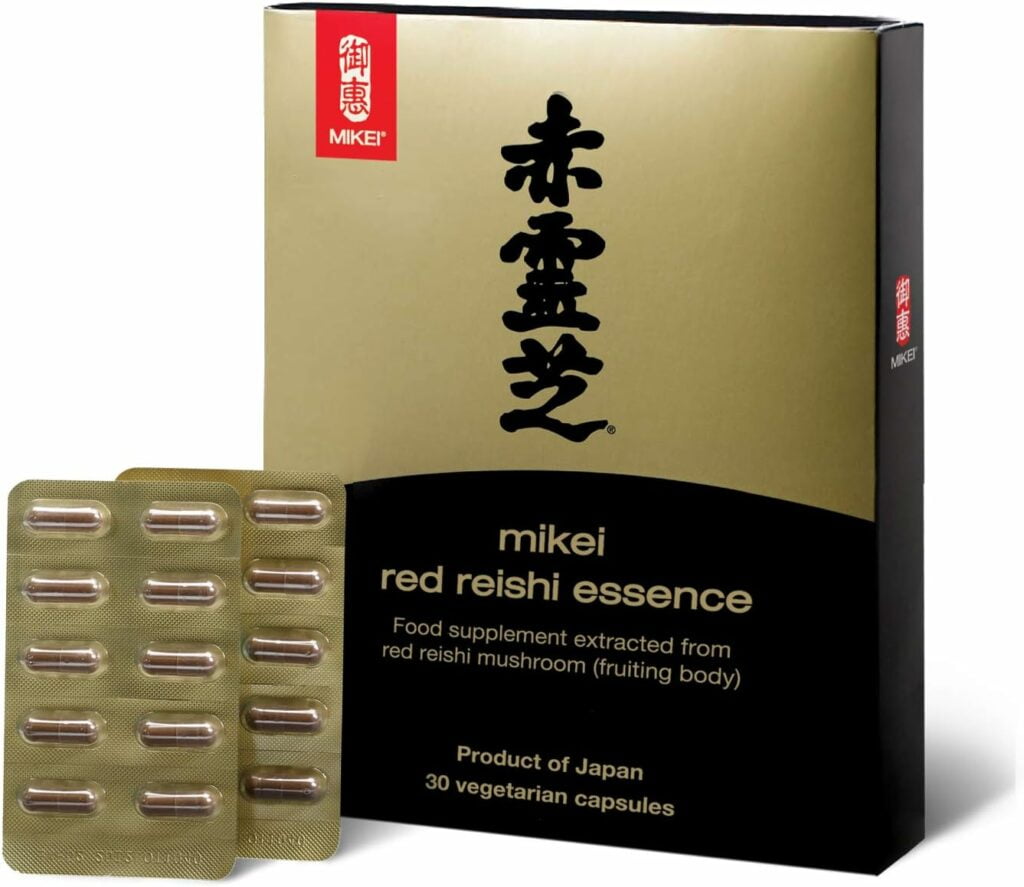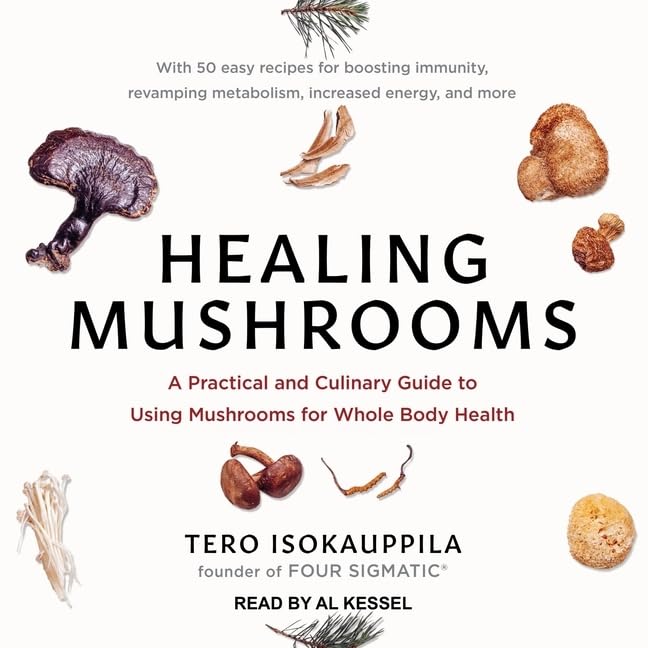Reishi: A 10,000-year-old Mushroom with a Promising Future
A 10,000-year-old Mushroom, Reishi has a promising future. We look into the significant role this mushroom is set to play in the global dietary supplement market,
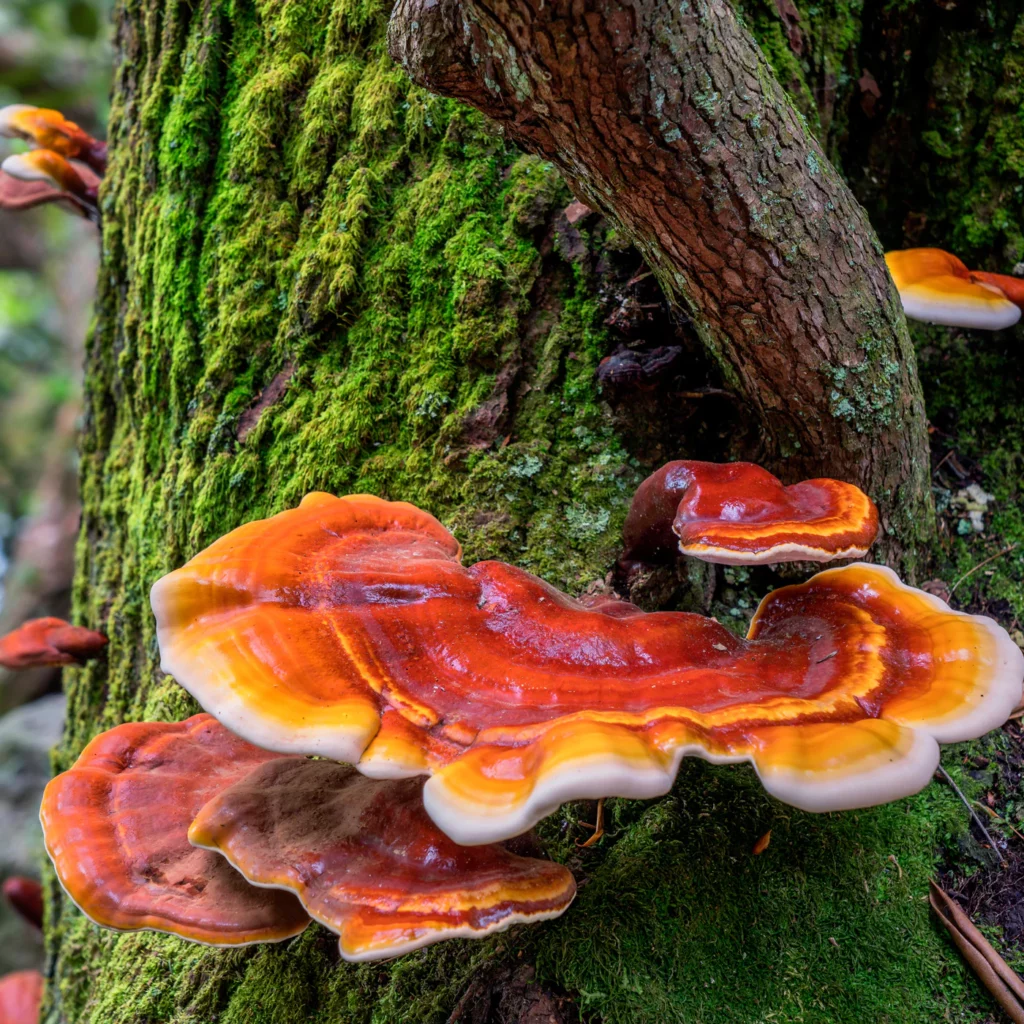
From its ancient roots in Chinese medicine to its current status as a globally recognized supplement, the reishi mushroom’s rich history and enduring reputation position itself as a major player in preventive health and longevity across cultures and centuries.
Reishi mushrooms, often referred to as the “mushroom of immortality,” have been used in traditional Chinese medicine for over 2,000 years. Known scientifically as ‘Ganoderma lucidum’, reishi mushrooms are celebrated for their purported health benefits, including immune support, stress relief and potential anti-cancer properties. Their storied past and esteemed reputation have positioned them as a highly sought-after supplement in the global health market.
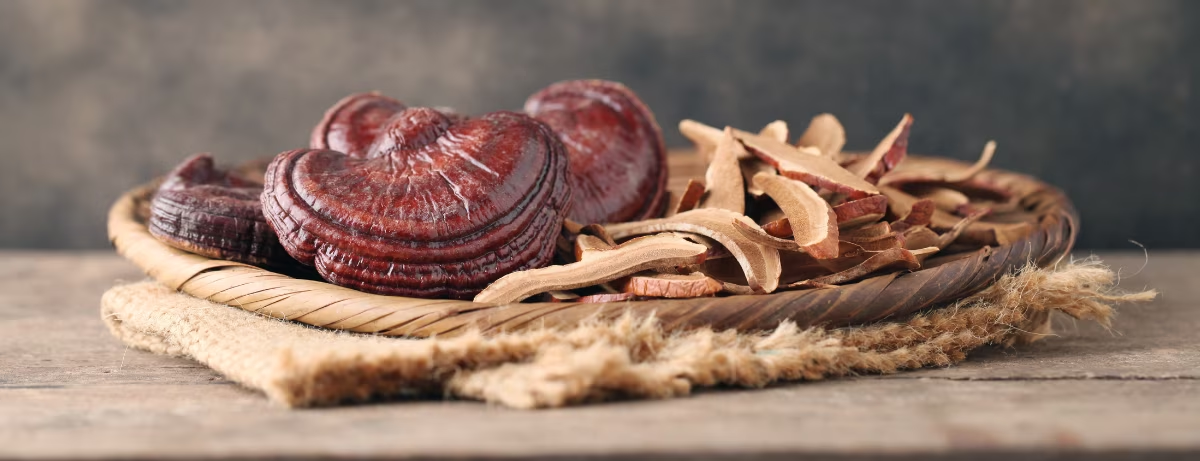
A Brief History of the Reishi Mushroom
Often called the “mushroom of immortality,” reishi has been used in Eastern medicine for over two millennia. Known scientifically as ‘Ganoderma lucidum’, it has a history steeped in ancient tradition and revered for its medicinal properties.
The use of reishi mushrooms dates back to ancient China, around 200 BCE, during the Han Dynasty. In classical Chinese texts, it is referred to as “Lingzhi,” symbolizing spiritual potency and the essence of immortality. Ancient Chinese emperors highly prized reishi, believing it to be a key to long life and eternal youth. It was often depicted in ancient Chinese art and literature, signifying its exclusive status.
Reishi in the Japanese and Korean Traditions
The reverence for reishi mushrooms extended beyond China. In Japan, they are known as “Mannentake,” which translates to “10,000-year-old mushroom,” indicative of their association with longevity. Japanese samurai were believed to consume reishi to improve their vitality and endurance. Similarly, in Korea, reishi, known as “Yeongji,” has been used in traditional medicine to promote health and longevity.
While reishi mushrooms were long confined to the annals of Eastern traditional medicine, their potential benefits began to attract Western attention in the 20th century. Scientific research in the 1960s and 1970s explored the bioactive compounds in reishi, particularly polysaccharides and triterpenes, which were found to have immune-boosting and anti-inflammatory properties.
This scientific validation helped reishi gain recognition as a valuable supplement in the global health and wellness market. Today, reishi mushrooms are widely cultivated and used in various forms, including powders, extracts, teas, and supplements.
They are lauded for their potential health benefits, such as boosting the immune system, reducing stress, and improving sleep quality. The global market for reishi mushrooms continues to grow, driven by increasing consumer interest in natural and holistic health remedies.
Reishi Mushroom- a Growing Market
The COVID-19 pandemic has had a profound impact on the global reishi mushroom market. The lockdowns and restrictions imposed to curb the spread of the virus disrupted production and supply chains. With a significant portion of the workforce sidelined, production capacities were severely hampered. Additionally, the closure of wholesale markets due to strict government regulations further compounded these challenges, causing a noticeable dip in the availability of reishi mushrooms.
Despite these obstacles, the pandemic has also driven an increased focus on health and wellness. The fear of infection and the desire to boost immunity have led to a surge in demand for dietary supplements and nutraceutical products, including reishi mushrooms. As consumers become more health-conscious, the demand for therapeutic products like reishi mushrooms is expected to grow significantly in the coming years.
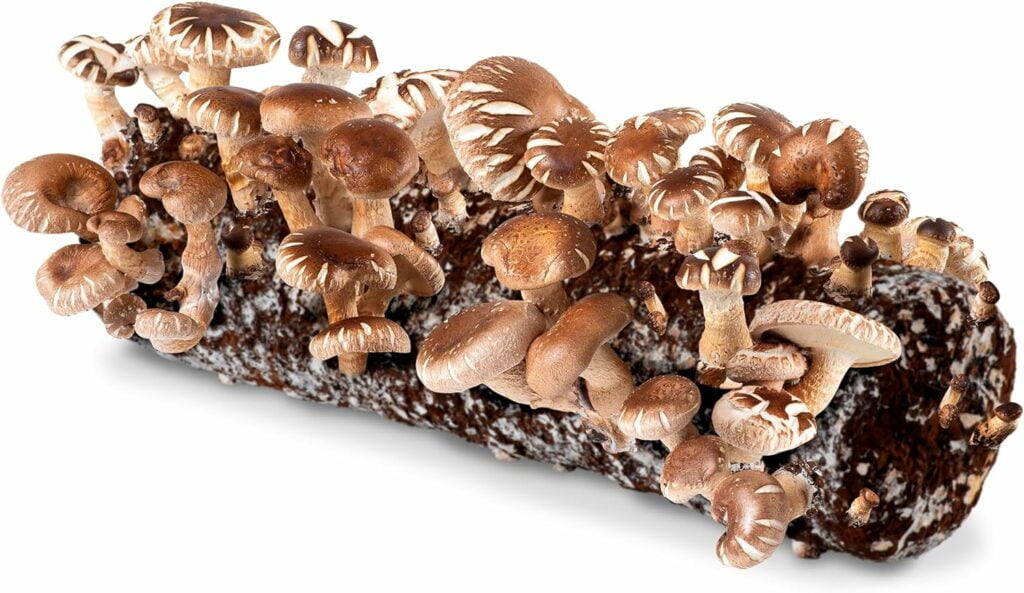
The reishi mushroom market is segmented by form, nature and region, each showing distinct trends and growth projections.
– Liquid Segment:The liquid segment is anticipated to register the highest compound annual growth rate (CAGR) of 8.5% through 2027. Liquid reishi supplements offer a concentrated source of nutrients and are easily incorporated into beverages, making them a convenient choice for consumers.
– Powder Segment:Despite the rise of liquid forms, the powder segment held the largest market share in 2019, accounting for around 60% of the global market. Reishi mushroom powder is preferred for its nutrient density and versatility in various applications.
Reishi by Nature:
– Conventional Segment: In 2019, the conventional segment dominated the market, contributing over 60% of the total revenue. Conventionally-sourced reishi mushrooms are more economical and widely used in industrial production.
– Organic Segment: The organic segment is projected to showcase a robust CAGR of 8.3% during the forecast period. Growing awareness about the adverse effects of synthetic chemicals on health has spurred demand for organically grown reishi mushrooms.
Reishi by Region:
– North America:The North American market held the largest share in 2019, accounting for over one-third of the global revenue. The region’s growing inclination towards health-conscious products and lifestyle changes have driven the demand for plant-based supplements, including reishi mushrooms.
– Asia-Pacific: The Asia-Pacific region is expected to register the highest CAGR of 7.3% by 2027. The deep-rooted cultural significance and high consumption of reishi mushroom products in countries like China and Japan fuel this growth.
The reishi mushroom market is poised for significant growth in the post-pandemic world. As awareness of the benefits of a healthy lifestyle continues to rise, so too does the demand for natural and effective dietary supplements. The increasing popularity of liquid reishi products, coupled with the shift towards organic production, highlights a trend towards more accessible and health-conscious consumption patterns.
As global markets recover and supply chains stabilize, production capacities are likely to rebound, ensuring a more consistent supply of reishi mushrooms. This recovery, combined with the sustained demand driven by health-conscious consumers, paints a promising picture for the future of the reishi mushroom market.
With their rich history and proven benefits, reishi mushrooms are set to play a significant role in the global dietary supplement market, catering to a growing base of health-conscious consumers worldwide.
Do you want to share your story and inspire our readers ? Know that YOUR EXPERTISE is paving the way for a fairer, happier society.


